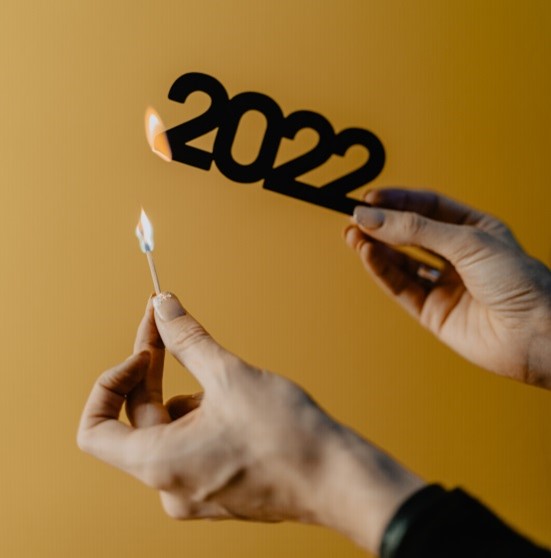The main political news of the year was twofold. One, the resounding rejection of the constitutional proposal presented by the convention on 4 September; and two, the agreement recently reached to initiate a new process leading to a new constitution.
The reasons for the rejection are multiple, intertwined and depend on the lens through which they are analysed. For some, the result is attributable to the false news that was spread wholesale, and to the millions of dollars in funding for the victors who gambled everything to tear down the constitutional scaffolding that came out of the convention. Others blame the rejection on the convention’s maximalism, the reprehensible conduct of some convention members during the convention, the use and abuse of the two-thirds majority, and a kind of revanchist, utopian attitude. Something like “now it’s my turn”: just as you did it under the dictatorship, now it’s our turn.
The consequence could not have been more dramatic: what was a resounding majority in the initial plebiscite became an overwhelming minority in the exit plebiscite. The result of the initial plebiscite led one to believe that everything would be a piece of cake. To make a football analogy, it is like a team that arrives at the end of the first half leading by a landslide, and then gets careless, and enters the second half, the convention itself, where everyone starts to play for their own side, allowing the opponent to get up and end up losing by a landslide. Quite a feast! The players are booed off the pitch.
Lessons must be learned from this case. To accept defeat, to recognise mistakes. Less arrogance, more humility, more modesty, to walk with our feet on the ground. This is how the majority of the political forces with parliamentary representation, almost 100 days after the exit plebiscite, in a sort of end-of-year gift, reached a political agreement after arduous negotiations that seemed to be bogged down. And once the agreement was reached, there was no shortage of criticism. Some call it a great deal, others have gone so far as to claim that it is a disgraceful agreement.
I have been asked the question: is it a good deal, or a bad deal? I want to believe, based on my beliefs, visions and blinkers, that it is a good agreement that takes on board the experience lived in the previous process. Following the football simile, we would be facing a sort of additional time, with a total change of players, now nominated by legally constituted parties, elected by the population and under other rules of the game. No more independents running free. Before, the playing field had no borders: now it has them and they are the agreed constitutional bases. In the second half each player entered the field with his own draft: now for the second half all players enter with a single draft drawn up by “experts” hand-picked by senators and deputies. One enters the playing field with a single draft and leaves with a constitutional project that may be the draft itself, with minor or major modifications as agreed by the elected players.
The negotiations for this agreement were tough, very tough, so tough that they seemed to be a dead end. In the end, however, good sense prevailed, which is what the majority of the country seemed to expect. A democratic agreement. It is not an infamous agreement as some proclaim because of the role that the 24 “experts” to be appointed by the national congress will have. These “experts” will limit themselves to drawing up the preliminary draft that will be presented to the constitutional council where all its members will be elected, who will have total freedom to see what they do with it. And the constitutional draft that emerges will be submitted to an exit poll for us to pronounce ourselves.
There is no shortage of those who want to overturn the agreement reached. Or throw hairs into the soup. That would be the last straw. My thesis is that reaching the agreement was a complex process that takes up the experience of a failed process without losing the democratic spirit that allows us to leave the tutelage of the 1980 constitution in a non-violent and institutional manner. In this sense, I believe that we have a good end to the year, hopefully followed by a better 2023.






